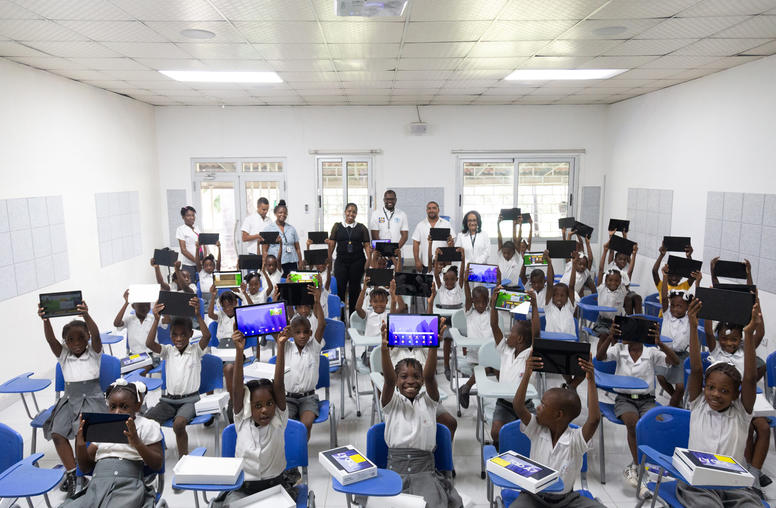Prospects for Haiti's New Government
On November 10, the Haitian government confirmed Jean-Max Bellerive as its sixth Prime Minister since 2004. What does this change portend for Haiti's future? How are the international community and diaspora responding to this change?
On November 10, the Haitian parliament confirmed Jean-Max Bellerive as Haiti’s sixth prime minister since 2004, following the tumultuous fourteen-month tenure of former prime minister Michele Pierre-Louis. Bellerive, who previously served as the minister of planning and external cooperation, has vowed to attract more investment and create jobs as Haiti attempts to weather the global recession and lay the foundations for sustainable development.
A panel of experts discussed this topic at a public meeting co-sponsored by the Inter-American Dialogue and USIP's Haiti Working Group. The panel explored the opportunities and constraints facing Haiti’s new government and examine Haiti’s political dynamics as President Rene Preval enters his final year in office.
Speakers
- Alix Cantave
Associate Director, William Monroe Trotter Institute, University of Massachusetts Boston - Daniel Erikson
Senior Associate for U.S. Policy and Director of Caribbean Programs, Inter-American Dialogue - Mark Schneider
Senior Vice President, International Crisis Group - Nathalie Liautaud
Senior Program Manager for the Caribbean, Pan American Development Foundation - Robert Maguire, Moderator
Chair, Haiti Working Group, U.S. Institute of Peace
Associate Professor of International Affairs, Trinity Washington University
Explore Further
- Comments from this event were incorporated into the USIP Peace Brief on "Prospects for Haiti's New Government."


